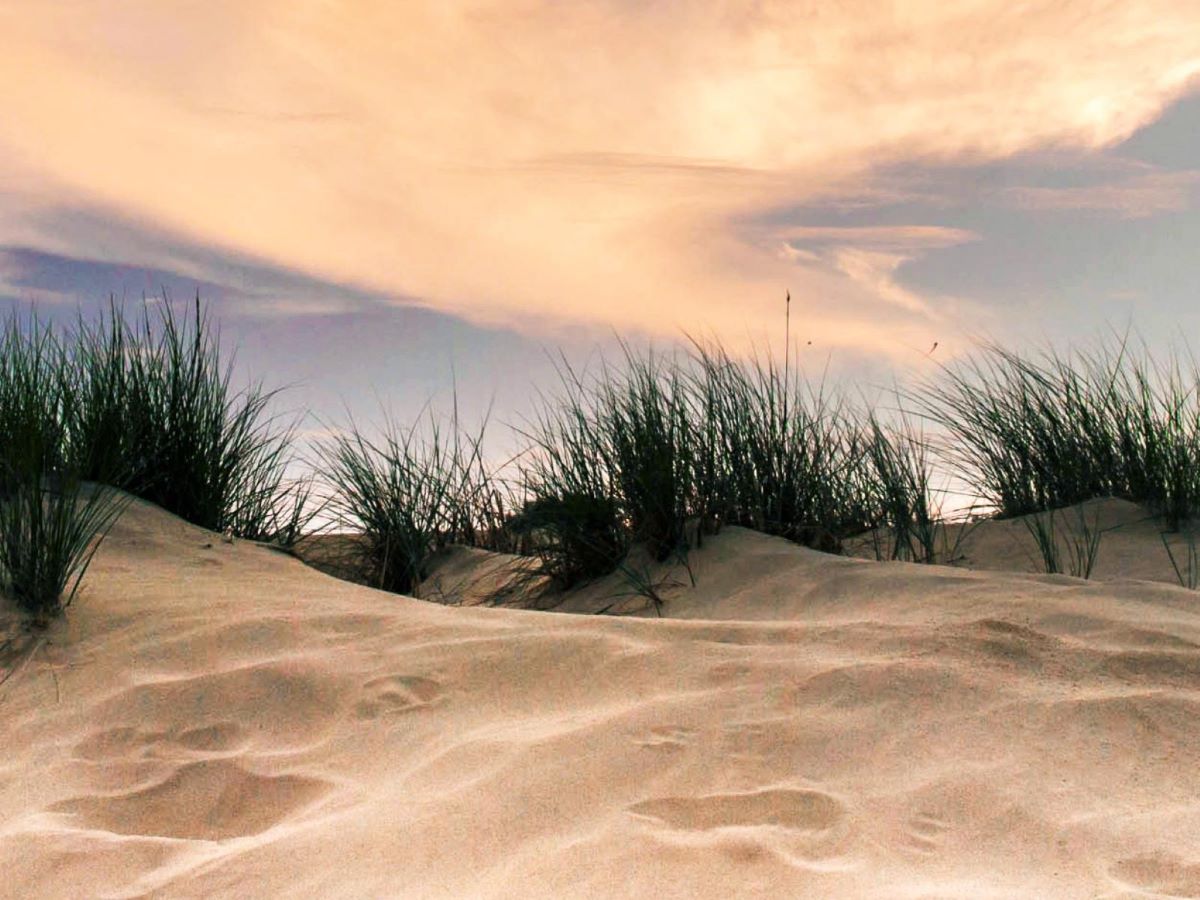
A set of coastal development rules temporarily placed back in the state code will be up for public comment and possibly reinstated as permanent by year’s end.
The Coastal Resources Commission, during a special meeting Tuesday, unanimously approved a rule that sets permit fees for minor and major development applications, approved the fiscal impact analyses on that and several other rules the commission adopted as temporary earlier this year, and re-designated Jockey’s Ridge State Park as an area of environmental concern.
Supporter Spotlight
The fiscal impact analysis measures how rules may affect a government’s revenue and expenditures to help prepare for or prevent budget shortfalls.
The North Carolina Department of Environmental Quality and Office of State Budget and Management have determined that reinstating the rules will not substantially impact the economy and have little to no impact on state or local governments.
Commissioners postponed a vote this week to amend a rule that would allow beach towns to use wheat straw bales as an alternative to traditional sand fencing, which is used to protect oceanfront dunes.
The state Division of Coastal Management’s fiscal analysis on the amendment to that rule is currently under review by the state budget and management office. Coastal management officials determined in their analysis that the amendment will have little to no fiscal impact.
The commission in March adopted more than a dozen rules state coastal management officials argue are crucial to day-to-day operations as temporary as a means to get them back into the state Administrative Code for one year or until they are reinstated as permanent rules.
Supporter Spotlight
In all, 30 of the coastal commission’s longstanding rules were removed from the code last October after they were objected to by the Rules Review Commission, a decision that prompted an ongoing lawsuit the coastal commission and DEQ filed against the Rules Review Commission and the state codifier or rules.
State Division of Coastal Management officials have been working with the rules commission to tweak wording in the remaining 14 rules that the Coastal Resources Commission did not temporarily adopt earlier this year.
One of the temporary rules that has garnered much attention centers on keeping Jockey’s Ridge an area of environmental concern, a designation that protects it from uncontrolled development and mandates that any sand that spills over from the massive dune onto neighboring properties must be returned.
The popular state park in Nags Head first received the designation in 1984.
“Let’s hope that this rule will go through without a whole lot of conflict,” CRC Chair Renee Cahoon said shortly before the commission went into closed session.
The commission took no further action following the closed session.
The rules will go to public hearing between Sept. 18 and Nov. 4, Division of Coastal Management Public Information Officer Christy Simmons said in an email.
The rules will go before the coastal commission at its November meeting for possible adoption and returned to the rules commission. That meeting is scheduled Nov. 13-14 at Ocean Isle Beach Town Hall.
Division of Coastal Management officials anticipate the rules will be reentered into the code as permanent effective Jan. 1, 2024.
The Coastal Resources Commission’s next scheduled regular meeting is set for Aug. 27-28 in Beaufort at the Beaufort Hotel, 2440 Lennoxville Road.







